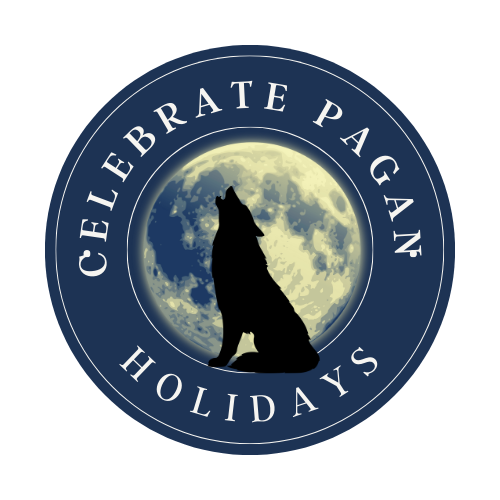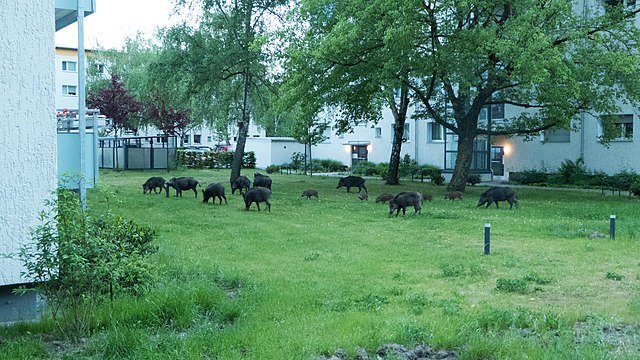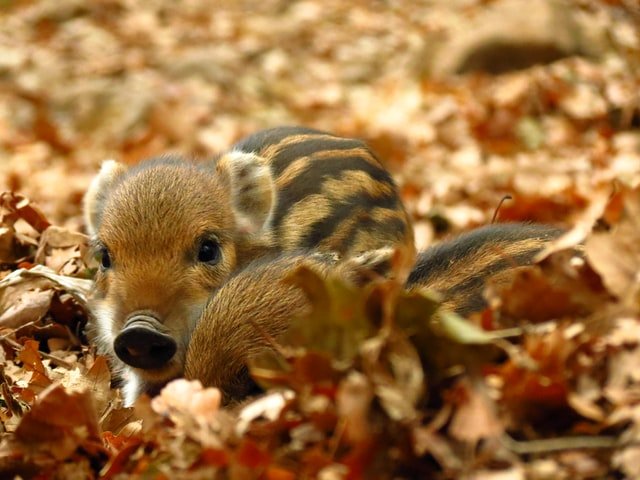The wild boar is one of the more powerful spirit animals. It is represented in various pagan cultures all over the globe.
Throughout this article, we will review the wild boar as an animal, as a spirit guide, and we will share with you the ways pagans around the world view the wild board and how it’s incorporated into their culture.
The Wild Boar Represents:
● Fearlessness
● Bravery
● Control
● Command
● Generosity
● Abundance
● Courage
● Stubbornness
● Power
Motherhood
Biological information of the Wild Boar
The Wild Boar is a native animal to Eurasia and North Africa and has been introduced to the Americas and Australia in the time of colonization. This species is today, one of the widest-ranging mammals in the world.
Due to adaptability to a large diversity of habitats, the Wild Boar thrived in many places around the globe. In the range where it was introduced, it has become an invasive species.
This has become a problem in many areas of the US. For example, in Kentucky high populations of wild pigs have destroyed agricultural crops and eat native species.
As of the early 21st century, 16 subspecies of Wild Boars are officially recognized. This species lives in a matriarchal society that consists of females and their young, whilst the male, when fully grown, usually live a solitary life and interact with female groups only during the breeding season.
The main predator of the Wild Boars is the gray wolf, whilst in the east of Asia tigers fill in that spot. Though not mentioned as a predator, humans have been associated with Wild Boars a lot because them being the ancestors of domestic pigs and hunted animals for ages.
A Deeper Meaning of Representations
The Wild Boar is fearless, meaning that it won’t back down for any fight. Even if the predator or the threat is far greater than something it can handle, it will show no fear.
When in face of grave danger, the Wild Boar will put up a fight even if the end is death, showing its extreme bravery. It symbolizes facing our consequences.
Pagans around the world embrace the Wild Boar as its spirit teaches us to face all challenges and gain control.
Embracing the Wild Boar as a spirit animal shows us how to overlook our weaknesses and change them into strengths
The Wild Boar, living in a matriarchal society, has developed a sense of community and, when it comes to certain things, will gladly share with the rest of its companions
Not only does the wild boar teach us to face our problems but it instructs us to do so with honesty. Being truthful to yourself is also important.
While the boar has many masculine qualities it also symbolizes motherhood and teaches us to love, nurture, and yes protect our children.
Wild Boars Around The World
Native American
Even though the Wild Boar wasn’t a native to the Americas, it’s still somewhat present in Native American culture. The Native Americans celebrated the Wild Boar as a Teacher, a creature who offered them lessons in companionship joys.
They generally thought that the Wild Boar symbolized fearlessness and security, but also greed. Wild Boar as a totem represented caution against greed, egocentricity, and gluttony, apart from representing courage and bravery.
Also, one really important meaning of the Wild Boar found in Native American culture is its symbol of good mothering. Usually, it is a sign that you need love or protection.
Norse
In Norse pagan religion and mythology, the Wild boar is utilized as a symbol for various scenarios. The vastness of meaningful representations the Norse found in Wild Boars provided us with the most diverse symbolic representation of all the cultures.
In one of the Norse Sagas, after a hero called Beowulf slain the great ogre Grendal, the Danish king presented him with a boars’ head, as they had seen the boar as a fierce foe like the great ogre.
The head of a Wild Boar represented the fierceness of battle. The Hamalt Fylking translated to “The Boars Head '', is described in one of the great Sagas, around the battle of Bravalla, where it’s referred to a battle formation that resembled the Boars head.
In the mythology, the Valkyries served warriors of Valhalla meat from a wild boar named Saehrimnir. After each feast, the board would magically come to life before it was served again.
Two of the Norse deities had Wild Boar spirit animals. Freyr, the Norse God of fertility, possessed a Wild Boar named Gullinbursti, and it glowed in the dark and illuminated the path for Freyr. On the other hand, Freya had a boar named Hildisvini that she would ride into battles.
Read our article on Norse Spirit Animals
Celtic
The Wild Boar was, to ancient Celts, known as ferocious and aggressive animals. It was a part of their culture dating centuries back, with the oldest findings being in the times B.C. It was believed that the Wild Boar was a Celtic emblem of War.
Celtic mythology, represented fertility, wealth, warrior strength, stubbornness, and courage. The famous Irish myth of Diarmat and the Boar of Benn Fulbain represents the battle of forces of light and dark. The Wild Boars managed to kill over 50 of Diarmat's men and are a clear representation of darkness in this myth.
When a Wild Boar is envisioned in dreams, it is seen as an indication of a warrior spirit. Isolt, a great warrior, dreamed of the demise of a great boar, which forewarned him of his death.
Symbols of the Wild Boar can be found on swords, shields, helmets, and crests of Celtic warriors, and their statues are also found along with statues of armed warriors.
On the other hand, Wild Boars were also prophetic creatures that ushered in death and natural disasters. This negative portrayal can be found in various sagas, and usually, the otherworld tales often include boars in disguise, full of deception and disobedience. The Wild Boar is often the cause of the hero's death.
Slavic
The Wild Boar, in Slavic Native Faith, also known as Rodnovery, is associated with the God Svarozhits and it was his spirit animal. He was one of the deities associated with fire.
The Wild Boar as a spirit animal in Slavic culture was associated with fire and the sun. One of the Rodnovery myths that survived the ages, tells us a story of a great boar that would emerge from a lake in times of war when it is feeling threatened by that type of misfortune.
It had great white tusks and foam glistered from its mouth, wallowing in the mire with terrible agitation, showing itself to many people to avoid the bloodshed.
Read our article on Rodnovery Spirit Animals.
Wild Boar as a Totem, Spirit Animal
People who embrace the Wild Boar as their totem are persistent in pursuing their goals. Moreover, they are stubbornly determined to achieve their dreams and will go the extra mile to achieve them.
As a spirit animal, the Wild Boar teaches us to be given to nature, to believe in miracles, not to hold grudges, and to be considerate. Kindness and will to put selfless service are perks of people who align themselves with the Wild Boar spirit animal.
Wild Boars in Dreams
When a Wild Boar appears in your dream, it is usually an indication that there is an argument pending, more severe than usual, most likely with someone close to you. In other words, you need to approach situations clear-headedly because bad ending arguments can end in long-term separation.
Take Away
Embrace the Wild Boar as your spirit animal, and if you make a good connection it will for sure be beneficial for you, teaching you new ways of being brave, while reminding you that all danger can be faced head on and can be resolved.
Author, Marko Rajkovic, is from Serbia, Europe, specializing his pagan path in his Native Slavic Faith called Rodnovery and dwelling into Wiccan solitary practices. He loves outdoor adventures, hiking and has lots of animal friends. He is one of the administrators of Pagan Chat Marko writes about Rodnovery and Wicca.






As pagans, witches, and shamans, we connect with animals in many ways, both living and in the spirit world. We connect with animals through our heredity and family structures. We also have close relationships with our pets and even the wildlife we observe in our backyards.